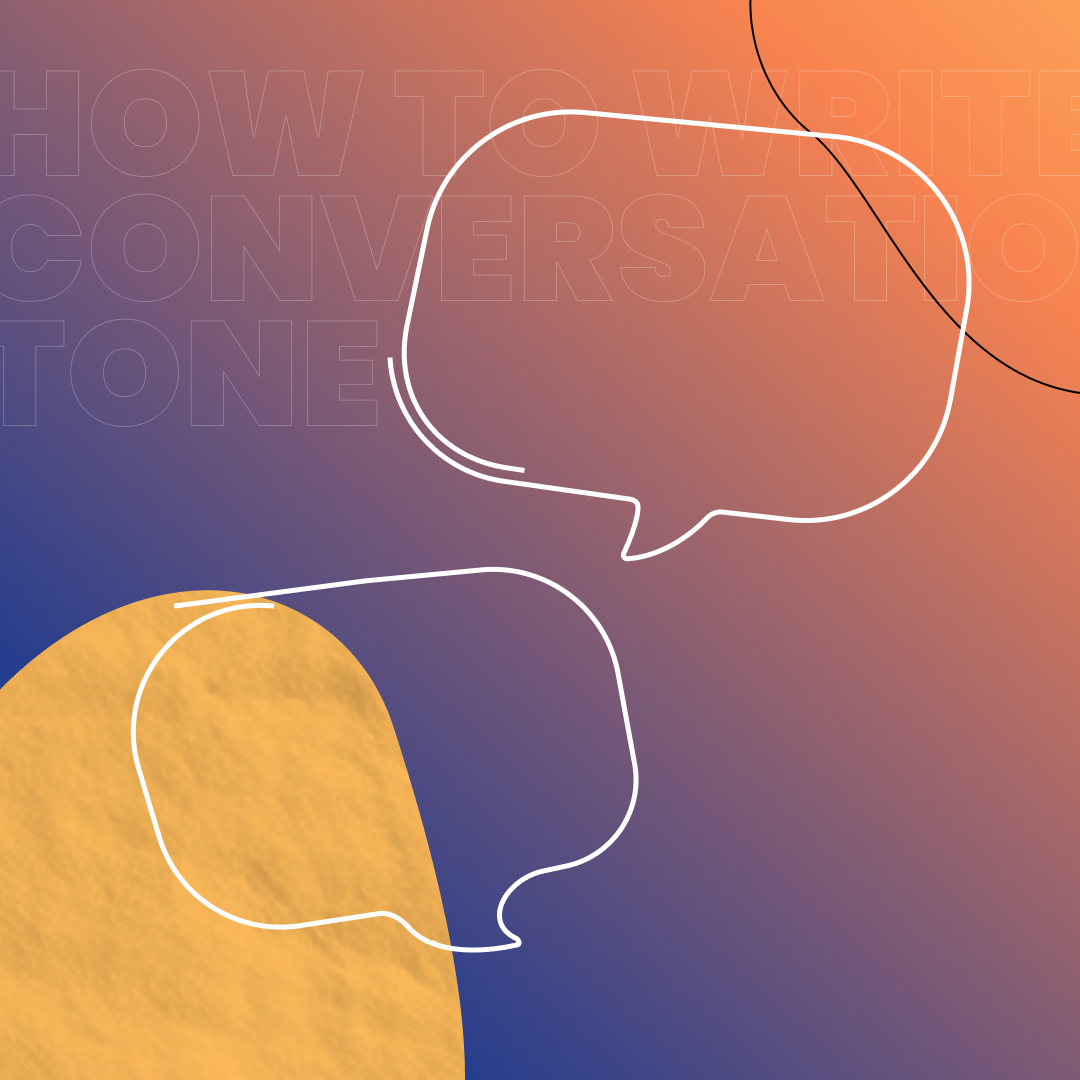One book I’m reading in quarantine is “The Art of Plain Talk” by Rudolf Flesch. One idea from the book struck me like a ton of bricks.
The idea is focused around the book’s main topic, speaking plainly. Communicating in a way that is simple and conversational. But what is a conversational tone? What distinguishes written text from a conversation?
As I was reading, a few interesting tidbits popped up here and there. The idea that the base unit of writing isn’t the word, but the sentence. “A sentence is a complete thought” is a concept we’re all aware of but likely haven’t considered since grade school. That a simple thought follows the noun-verb-object pattern. Then this incredibly simple idea struck me hard, write like it’s a conversation.
You see, when I was a child I fancied myself a writer, but not just any writer, but a writer of poetry, a writer that could tease meaning out of a combination of words that didn’t have that meaning in everyday life, or perhaps create a new meaning or profound secret shared only between the reader and myself.
That is a terrible sentence.
It goes against the principle of plain talk. Read it out loud, I dare you. Doesn’t my 12-year-old self seem so pompous? So over-the-top with a textbook run-on sentence? What about the same series of thoughts like this?
When I was a child, I fancied myself a writer. At twelve years old I thought I was a poet. I was someone that, with my notebook on the playground, could create meaning. That notebook would contain a profound secret. Yes, a secret between me and my reader.
A bit better, right?
You could almost hear someone saying this. The difference is in the spacing. The first block gives the reader no time to rest. The same thoughts are shared in each block, but the second one gives ample pauses. Spots to take a breath, catch-up mentally, and keep going. In a conversation, people add nonsense words or “uhs” and “ums” that allow them, and their listener, a break. In copywriting, we’re told to remove until there’s nothing left to remove. That’s not conversational.
The difference is in repetition. In a conversation, people repeat themselves. They utter the same thing twice, but slightly differently. See what I did there? The individual thoughts can sometimes blend together. Blending two sentences into a thought, and an extension of the thought, instead of two separate ones. “When I was a child,” “At twelve years old,” “on the playground,”–these all say essentially the same thing. But doesn’t that feel so much more conversational?
Another difference is in order. There’s an example in the book that is much clearer than anything I’ve come up with. The entangled passage is:
“Here is Edmund Burke, the eminent British Liberal, than whom no European statesman was more horrified by the outrages of the French Revolution”
That feels like a mess doesn’t it? The order is tangled. As Flesch says, “To [understand] whom we have to jump over than which in turn is tied to more horrified, five words ahead”. The thoughts jump back and forth in the sentence and so the reader must jump back and forth too.
Edited, it looks like “No other European statesman was more horrified by the outrages of the French Revolution than Edmund Burke, the eminent British liberal.”
I think this is closer to what conversational is. I think you can almost see the hand gestures being made between statements. You can catch the phantom sound of “um” and “uh” in the repetition. And that makes it relatable, which should make it good copywriting.
When I was a child poet, I strove to make something new. It was a challenge or a game. And the game was won by coaxing words to do something they don’t normally do. I loved using little tools and tricks, like alliteration or slant rhymes. It felt like winning. But I was always somewhat disappointed in the result. It felt too simple. And I felt that simple was wrong, and “good” writing had to be complex, like a maze. Good writing was a trap or a puzzle for the reader. Now I wonder if making conversational poetry wouldn’t be just as good.
